The new tariffs that US President Donald Trump imposed on imported cars into the US will likely cause foreign automakers to struggle, forcing them to find solutions in the near future.
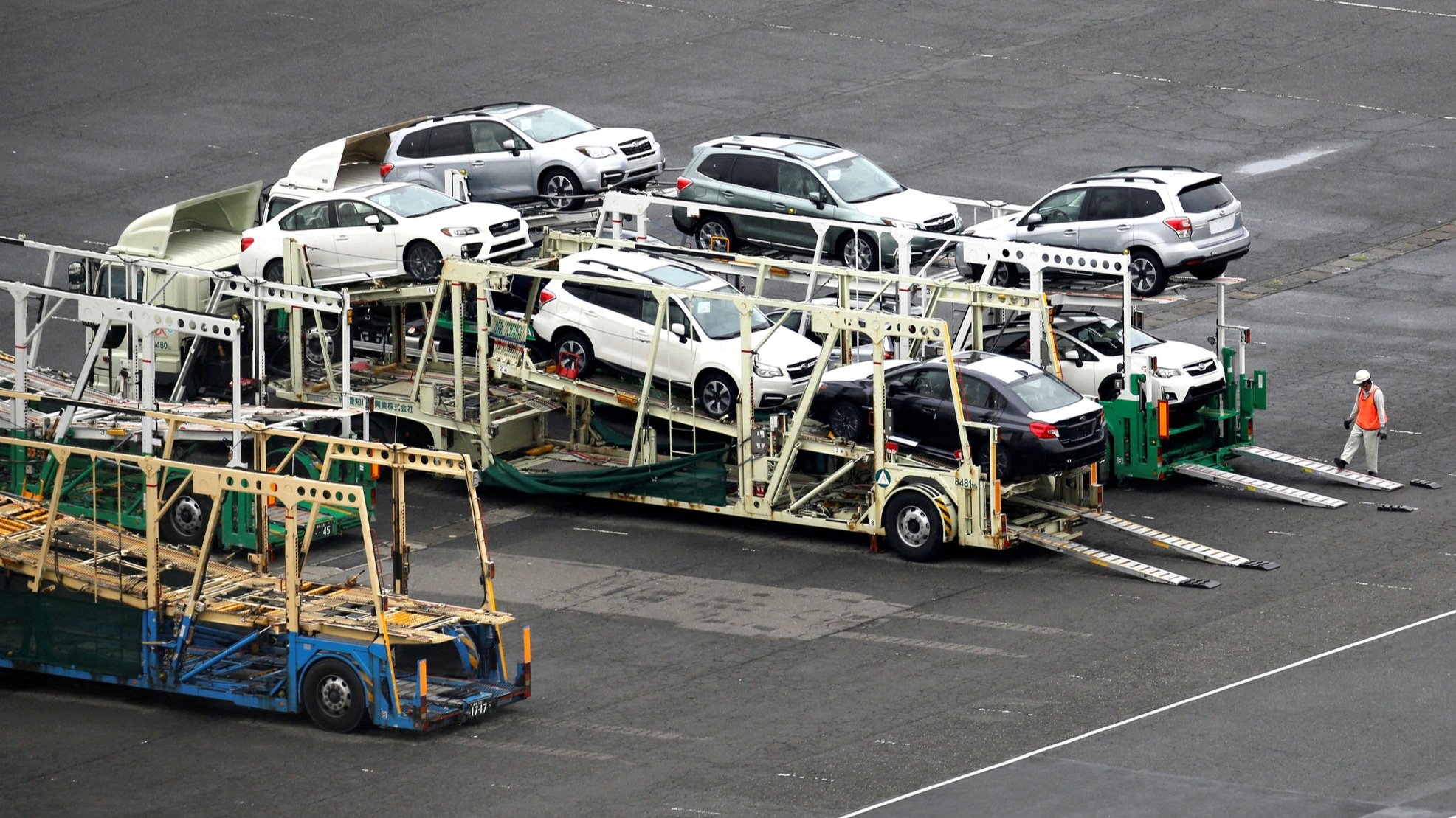
Newly manufactured cars are being transported at the Keihin Industrial Park in Kawasaki City (Japan) - Photo: Reuters
On February 18, US President Donald Trump said he intends to impose tariffs of "about 25%" on imported cars into the US, expected to take effect on April 2. The new tariffs show that Mr. Trump is still working to achieve the goal of bringing strategic industries back to the US.
However, experts warn that the new tariffs, combined with previous ones, could have far-reaching impacts on automakers around the world .
Potential impacts
With the new tax rate, European automakers continue to be one of the biggest affected parties as the US is a very important auto export market for them, especially German automakers.
According to Bloomberg, cars account for 10% of Europe's exports to the US. Figures from the auto industry research platform JATO Dynamics also show that cars from the big three German automakers (BMW, Mercedes-Benz and Volkswagen) will account for 73% of all cars exported from the European Union (EU) to the US by 2024.
Trump’s tariffs could cause a drop in U.S. car sales, creating other challenges for European automakers. Bloomberg research shows that a 10-20% tariff on cars could cut sales by 1.1-2.1% and operating profits by 3.3-6.6%.
Not only Europe, South Korea and Japan are two countries that will also be greatly affected by Mr. Trump's new tax order on imported cars.
Data from analytics firm GlobalData shows that the number of cars produced in the two East Asian countries will account for 16.8% of the cars sold in the US in 2024. Of which, South Korea accounts for 8.6%, ranking second after Mexico among car exporters to the US. Following South Korea is Japan with 8.2%.
According to CNBC, Japan only has a 2.5% tax rate, while cars exported to the US from South Korea are exempt from tax. Thanks to this advantage, a number of US auto giants have chosen the two East Asian countries as the location for their factories in recent years.
According to GlobalData, General Motors' sales of Korean-made vehicles in the US will increase from 173,000 in 2019 to more than 407,000 in 2024. GM is also the largest foreign direct investor in South Korea's manufacturing industry.
Looking for solutions
Still, analysts point out that the auto industry can adapt to the new tariffs, but it will take time.
"The auto industry can adapt to anything. It will always make products that customers want to buy, because personal mobility and transportation are human needs all over the world," said Terence Lau, a former trade analyst for Ford Motor Company.
Experts also believe that foreign automakers will likely choose to announce plans to expand or build new factories in the US in the coming months.
Speaking to Nikkei Asia, Shinji Aoyama, executive vice president of Japanese automaker Honda, said the company is trying to move as much of its production in Mexico and Canada to the US as possible by the end of February this year.
Nissan has similar plans. "If high tariffs are imposed, we will need to consider internally how we can produce elsewhere the products we currently export, closely monitor the situation and make a decision," Nissan CEO Makoto Uchida told Nikkei Asia.
It is expected that governments will also respond in the coming time to find a solution to this new tax rate. Immediately after Mr. Trump announced that he would impose tariffs on imported cars, Japan responded.
"We have raised this issue with the US government, considering the importance of the country's auto industry. Japan will also carefully consider the specific details of the new tariffs and their impact, and then respond appropriately," Japan Times quoted Chief Cabinet Secretary Yoshimasa Hayashi as saying at a press conference on February 19.
After the car will be...?
Not only cars, Mr. Trump also announced that he would impose a 25% tax on pharmaceutical products imported from other countries to the US. According to data from the US, in 2023 alone, the country bought more than 176 billion USD of drugs and related goods.
European, Indian and Chinese companies could be hit hardest by the new tariffs. In 2023, Ireland will account for 20.4% of pharmaceutical imports to the US, followed by 10.8% from Germany, 8.6% from Switzerland, 6.2% from India and 3.4% from China, according to CNN.
Source: https://tuoitre.vn/ong-trump-tang-thue-xe-ngoai-lao-dao-20250220002257432.htm



![[Photo] Prime Minister Pham Minh Chinh launched a peak emulation campaign to achieve achievements in celebration of the 14th National Party Congress](https://vphoto.vietnam.vn/thumb/1200x675/vietnam/resource/IMAGE/2025/10/5/8869ec5cdbc740f58fbf2ae73f065076)



![[Photo] Prime Minister Pham Minh Chinh chairs the Government's online conference with localities](https://vphoto.vietnam.vn/thumb/1200x675/vietnam/resource/IMAGE/2025/10/5/264793cfb4404c63a701d235ff43e1bd)
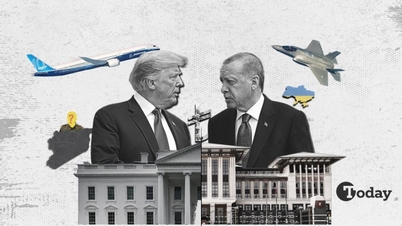




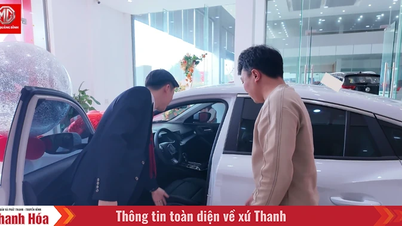



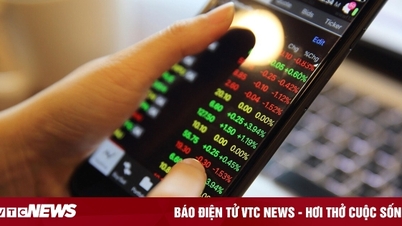





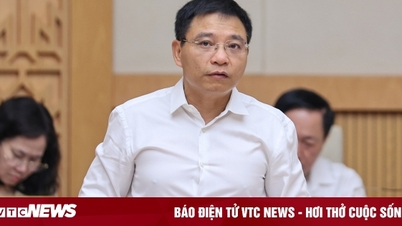
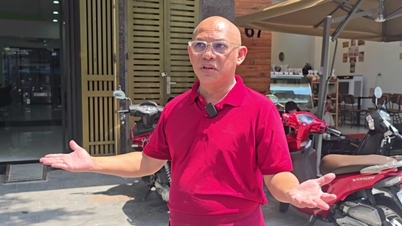




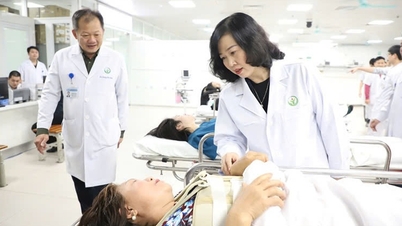






























![[VIDEO] Summary of Petrovietnam's 50th Anniversary Ceremony](https://vphoto.vietnam.vn/thumb/402x226/vietnam/resource/IMAGE/2025/10/4/abe133bdb8114793a16d4fe3e5bd0f12)

![[VIDEO] GENERAL SECRETARY TO LAM AWARDS PETROVIETNAM 8 GOLDEN WORDS: "PIONEER - EXCELLENT - SUSTAINABLE - GLOBAL"](https://vphoto.vietnam.vn/thumb/402x226/vietnam/resource/IMAGE/2025/7/23/c2fdb48863e846cfa9fb8e6ea9cf44e7)














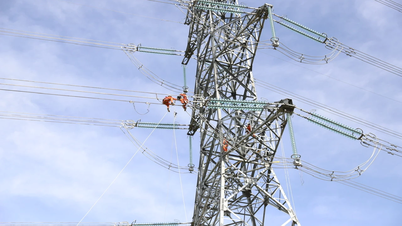



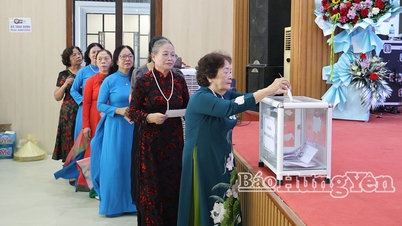
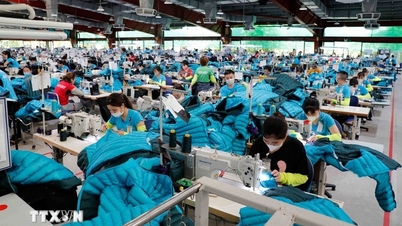

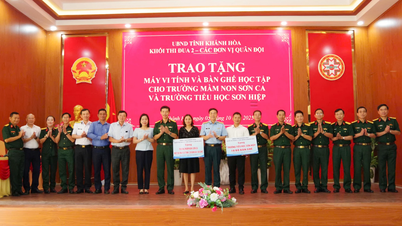















Comment (0)